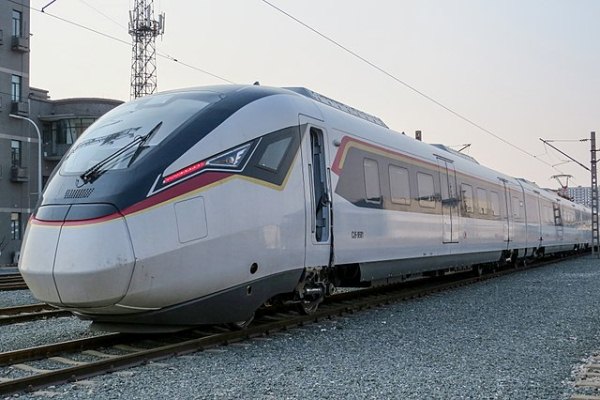Malaysia’s Prime Minister Mahathir Mohamad states that his government has not made a final decision on the East Coast Rail Link (ECRL) project invested by China and that negotiations are still underway, contrary to an earlier statement made by Malaysia’s economic minister.
The Prime Minister on January 29 told the press that both sides need more time to come up with a solution to the matter, reported VNA.
He added that Lim Guan Eng, Malaysia’s finance minister, will help with the negotiations and make an announcement later at the end of the talks.
On January 26, Economic Minister Mohamed Azmin Ali said the railway contract with China Communications Construction Company (CCCC) had been canceled, explaining that the project was too costly.
Lim reportedly expressed shock over Azmin’s announcement.
Explaining the disagreement between the two ministers, PM Mahathir said both were present at the government’s meeting on January 24, but the media had wrongly interpreted Azmin’s statement, leading to a misunderstanding.
There has not been any decision on the project, the PM emphasized.
On January 30, Lim said the Malaysian Cabinet has issued a gag order while negotiations with CCCC are ongoing and stressed that only PM Mahathir would speak on the issue.
Earlier, the Malaysian government had laid down a maximum cost of MYR40 billion (nearly $10 billion) instead of $20 billion for the project and asked for more local products and services to be included in the works.
However, CCCC supposedly turned down these proposals, resulting in an end to the negotiations.
But the latest reports appeared to belie this as sources were quoted as saying on January 31 that China offered to cut the $20 billion cost of the rail project by almost half to save the centerpiece of its infrastructure push in Southeast Asia.
In 2017, CCCC won the right to construct the 688-kilometer rail project connecting Malaysia’s underdeveloped East Coast area to Kuala Lumpur and Thailand. About 85% of the cost of this project was covered by Export-Import Bank of China.
Officially launched in August 2017, the project was suspended in July 2018, two months after the government of PM Mahathir took power in May. In January 2019, the Cabinet of Malaysia made a decision to cancel the project, insisting it was unnecessary and too expensive.
When the project was awarded to CCCC in 2016 by the previous Malaysian government, observers hailed it as one of the cornerstones of Chinese President Xi Jinping’s “Belt and Road Initiative.”
Photo: N509FZ









